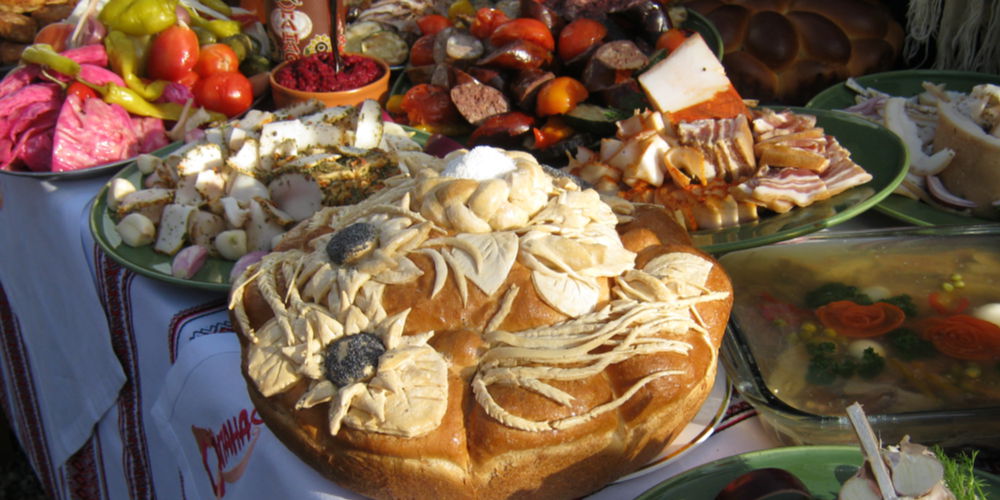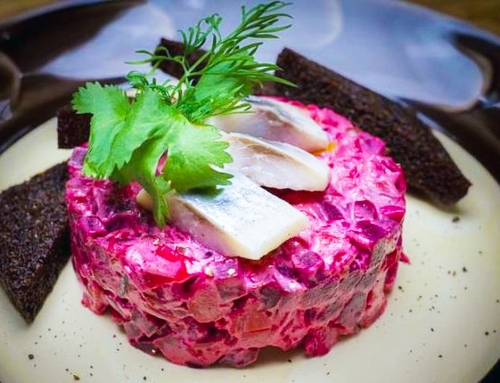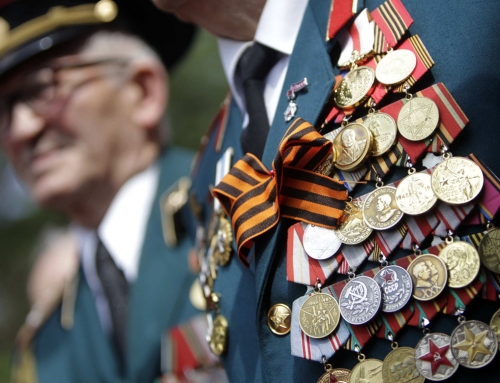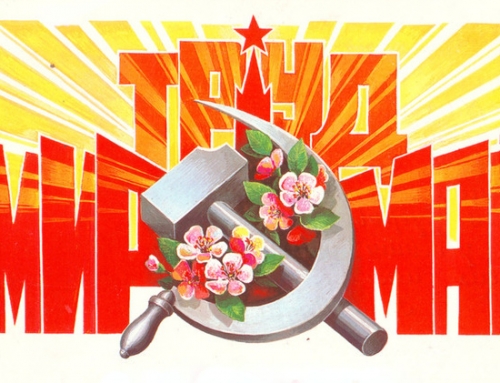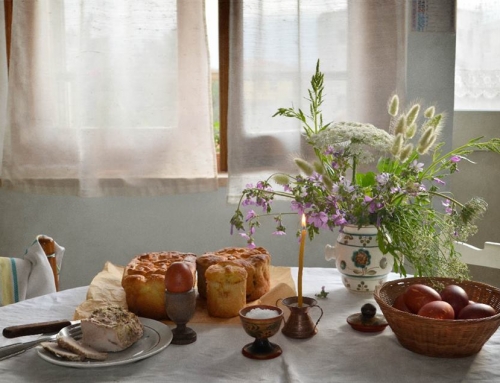Finally, after some hors-d’oeuvres of sturgeon’s back, they sat down to table–the time being then nearly five o’clock.
But the meal did not constitute by any means the best of which Chichikov had ever partaken, seeing that some of the dishes were overcooked, and others were scarcely cooked at all. Evidently their compounder had trusted chiefly to inspiration–she had laid hold of the first thing which had happened to come to hand. For instance, had pepper represented the nearest article within reach, she had added pepper wholesale. Had a cabbage chanced to be so encountered, she had pressed it also into the service. And the same with milk, bacon, and peas. In short, her rule seemed to have been “Make a hot dish of some sort, and some sort of taste will result.”
For the rest, Nozdrev drew heavily upon the wine. Even before the soup had been served, he had poured out for each guest a bumper of port and another of “haut” sauterne. (Never in provincial towns is ordinary, vulgar sauterne even procurable.) Next, he called for a bottle of madeira–“as fine a tipple as ever a field-marshall drank”; but the madeira only burnt the mouth, since the dealers, familiar with the taste of our landed gentry (who love “good” madeira) invariably doctor the stuff with copious dashes of rum and Imperial vodka, in the hope that Russian stomachs will thus be enabled to carry off the lot. After this bottle Nozdrev called for another and “a very special” brand–a brand which he declared to consist of a blend of burgundy and champagne, and of which he poured generous measures into the glasses of Chichikov and the brother-in-law as they sat to right and left of him. But since Chichikov noticed that, after doing so, he added only a scanty modicum of the mixture to his own tumbler, our hero determined to be cautious, and therefore took advantage of a moment when Nozdrev had again plunged into conversation and was yet a third time engaged in refilling his brother-in-law’s glass, to contrive to upset his (Chichikov’s) glass over his plate. In time there came also to table a tart of mountain-ashberries–berries which the host declared to equal, in taste, ripe plums, but which, curiously enough, smacked more of corn brandy. Next, the company consumed a sort of pasty of which the precise name has escaped me, but which the host rendered differently even on the second occasion of its being mentioned. The meal over, and the whole tale of wines tried, the guests still retained their seats…
“Yes; pray come to table,” said Sobakevitch to his guest; whereupon they consumed the customary glass of vodka (accompanied by sundry snacks of salted cucumber and other dainties) with which Russians, both in town and country, preface a meal…”My dear,” said Sobakevitch, “the cabbage soup is excellent.” With that he finished his portion, and helped himself to a generous measure of niania
At this moment the door opened, and the “gawk” and the “thief” in question made their appearance with napkins and a tray the latter bearing six decanters of variously-coloured beverages. These they placed upon the table, and then ringed them about with glasses and platefuls of every conceivable kind of appetiser. That done, the servants applied themselves to bringing in various comestibles under covers, through which could be heard the hissing of hot roast viands. In particular did the “gawk” and the “thief” work hard at their tasks. As a matter of fact, their appellations had been given them merely to spur them to greater activity, for, in general, the barin was no lover of abuse, but, rather, a kind-hearted man who, like most Russians, could not get on without a sharp word or two. That is to say, he needed them for his tongue as he need a glass of vodka for his digestion. What else could you expect? It was his nature to care for nothing mild.
Nikolay Gogol

